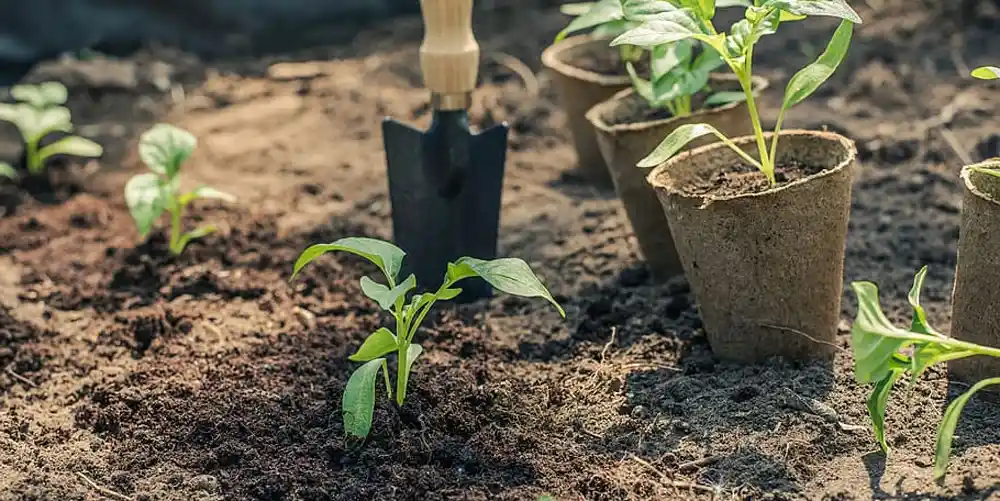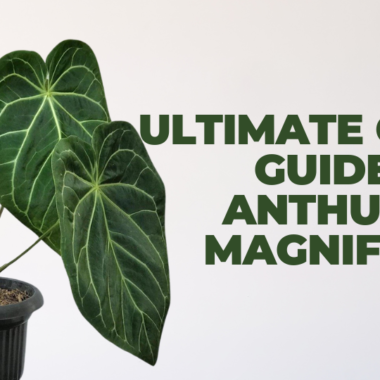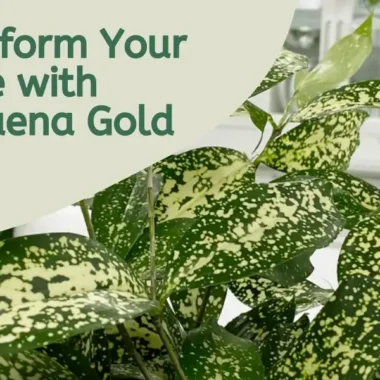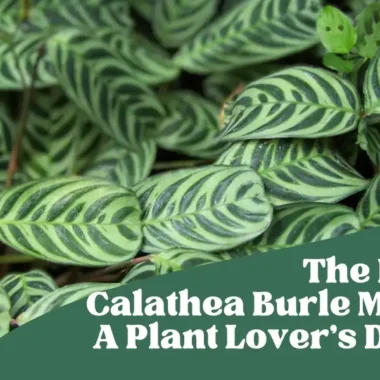Gardening is a great way to get outdoors and enjoy nature while also creating a beautiful and productive space. Whether you’re a beginner or an experienced gardener, there are always new tips and tricks to learn to help you maximize your garden’s potential. Here are some of the best gardening tips to help you get the most out of your garden.
1. Choose the Right Plants
When it comes to gardening, choosing the right plants is essential. Different plants have different needs, so it’s important to do your research and select plants that will thrive in your climate and soil type. Consider the amount of sunlight and water your garden will receive, as well as the amount of space you have available.
2. Prepare the Soil
Preparing the soil is one of the most important steps in gardening. Before planting, make sure to remove any weeds and debris, and add organic matter such as compost or manure to improve the soil’s fertility. If you’re planting in a raised bed, you may also want to add a layer of mulch to help retain moisture and keep weeds at bay.
3. Water Regularly
Water is essential for healthy plants, so make sure to water your garden regularly. Depending on the type of plants you’re growing, you may need to water more or less frequently. If you’re unsure, it’s best to err on the side of caution and water more often than not.
4. Fertilize
Fertilizing your garden is a great way to ensure your plants get the nutrients they need to thrive. Different plants have different fertilizer needs, so make sure to research the specific needs of the plants you’re growing.
5. Prune and Deadhead
Pruning and deadheading are important gardening tasks that help keep your plants healthy and looking their best. Pruning helps to remove dead or diseased branches, while deadheading helps to encourage new growth and prevent plants from going to seed.
6. Control Pests and Diseases
Pests and diseases can wreak havoc on your garden, so it’s important to take steps to control them. Start by removing any diseased or infested plants, and then use natural methods such as companion planting and beneficial insects to keep pests and diseases at bay.
7. Mulch
Mulching is a great way to help retain moisture and keep weeds at bay. It also helps to improve the soil’s fertility and protect plants from extreme temperatures.
8. Compost
Composting is a great way to recycle kitchen and garden waste and create a nutrient-rich soil amendment. Composting is easy to do and can help to improve the soil’s fertility and structure.
9. Plant in Containers
If you don’t have a lot of space, planting in containers is a great way to maximize your garden’s potential. Containers can be placed anywhere, and they’re easy to move around if needed.
10. Have Fun
Above all, gardening should be fun! Don’t be afraid to experiment and try new things. Gardening is a great way to get outdoors and enjoy nature, so make sure to take the time to appreciate your garden and all the hard work you’ve put into it.
FAQs
Q: What are the best plants for my garden?
A: The best plants for your garden will depend on your climate and soil type. Do your research and select plants that will thrive in your climate and soil type.
Q: How often should I water my garden?
A: The amount of water your garden needs will depend on the type of plants you’re growing. If you’re unsure, it’s best to err on the side of caution and water more often than not.
Q: How do I control pests and diseases in my garden?
A: Start by removing any diseased or infested plants, and then use natural methods such as companion planting and beneficial insects to keep pests and diseases at bay.
Q: What is the best way to improve the soil’s fertility?
A: Adding organic matter such as compost or manure is a great way to improve the soil’s fertility. You can also use mulch to help retain moisture and keep weeds at bay.







